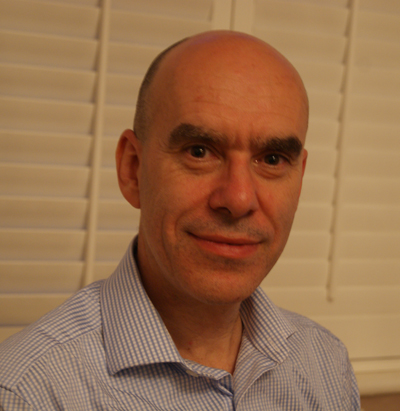Frequently Asked Questions about Counselling
Will counselling make me feel better?
This is a difficult question to answer precisely, as it, in part, depends on what 'feeling better' means to you and how realistic your goals for counselling are.
The cornerstone of counselling and the vehicle for change is the communication - talking, listening and being heard - that takes place between you and your counsellor. Sometimes talking will allow you to get rid of unwanted emotions and under these circumstances the change you feel will be a sense of unburdening yourself.
Counselling can also give you an experience of being accepted for who you are and this is another way change can be experienced. You can become more comfortable with the person you are, and more accepting of what you can and can't change (especially where others are concerned).
Finally, change can also take place at deeper and more meaningful level through insight. Insight is a type of knowledge that is gained during counselling. It isn't intelectual knowledge (the type you might get for example from reading a book) but rather, emotional knowledge and experience gained in the therapeutic setting of counselling. This insight is important as it can put you in a different place; a place where you can make choices about how you behave and how you live your life. A place where you can feel in charge of your life and take responsibility for how you feel, and perhaps make different choices to those you have made up until now.
How long does an appointment last?
Your initial consultation will last between fifty minutes and ninety minutes. All subsequent appointments will last 50 minutes and wherever possible take place on the same time and day each week.
How much does counselling cost?
£35 per session.
What if I miss or cancel an appointment?
If you cancel a session with less than 48 hours notice you will still be expected to pay for the session, although whenever possible I will try to offer an alternative time that suits us both.
What is the difference between short term and long term counselling?
Short-term focused work may be appropriate when a specific problem has arisen as a result of a particular incident or life experience. Longer term therapy is more appropriate when the difficulties have been more long-standing or may include repetitive patterns of behaviour, or for people who want to make deeper changes in their lives.
How long does it take?
It is not possible to answer this question precisely. If you are undertaking Short Term (focused) counseliing this will typically last 12 weeks. With long term counselling it is difficult to say; it can vary from months to several years. The process is gradual and open ended. Regardless of whether the work is of short or long term duration the timing of the ending of the counselling is usually agreed by discussion between the client and the counsellor, although the client is free to end at any time. Sucessful counselling requires both time and commitment.
Do you work with dreams?
Yes. Freud wrote that “Dreams are the royal road to the unconscious.” He believed that analysis of dreams could assist in discovering a dream’s meaning. The meaning could then be used to provide a “glimpse” into the inner workings of our mind, and most importantly be used as material in counselling. Dreams can provide a different perspective upon our life’s problems and subconscious struggles. Dreaming is a natural part of human existence and takes place while we enter into a different type of consciousness. Taking the time to examine your dreams in counselling can help you tap into unexpressed emotions and shed light on issues that you may have been putting off looking at consciously.
Is counselling confidential?
Sessions are strictly confidential. However, if it is felt that you are in danger of harming yourself or someone else confidentiality will be broken. In this instance, your GP will normally be contacted, where possible this will be discussed with you first.

